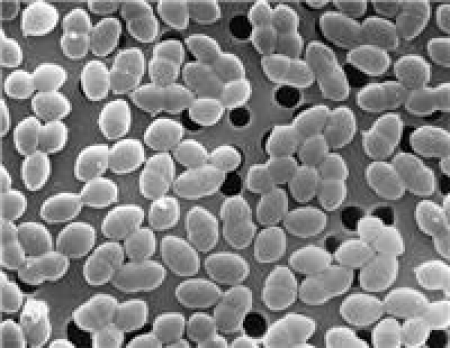Vancomycin-resistant Enterococcus spp. (VRE)


Infectious agent: : Enterococcus spp., most frequently Enterococcus faecalis or Enterococcus faecium. These organisms are normally present in the human intestinal tract, the female genital tract, and often found in the environment. Some Enterococcus strains are resistant to vancomycin, leaving few treatment options available.
Description of illness:
VRE can live in the human intestines and female genital tract without causing disease (often called colonization). Signs and symptoms vary based on what system is infected. Enterococcus can cause intraabdominal infections, urinary tract infections, bacteremia, endocarditis, or wound infections associated with catheters or surgical procedures. The following persons are at increased risk becoming infected with VRE:
- People who have been previously treated with the antibiotic vancomycin or other antibiotics for long periods of time.
- People who are hospitalized, particularly when they receive antibiotic treatment for long periods of time.
- People with weakened immune systems such as patients in intensive care units, or in cancer or transplant wards.
- People who have undergone surgical procedures such as abdominal or chest surgery.
- People with medical devices that stay in for some time such as urinary catheters or central intravenous (IV) catheters.
- People who are colonized with VRE.